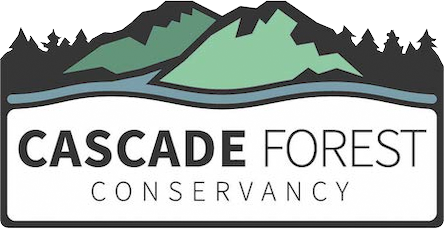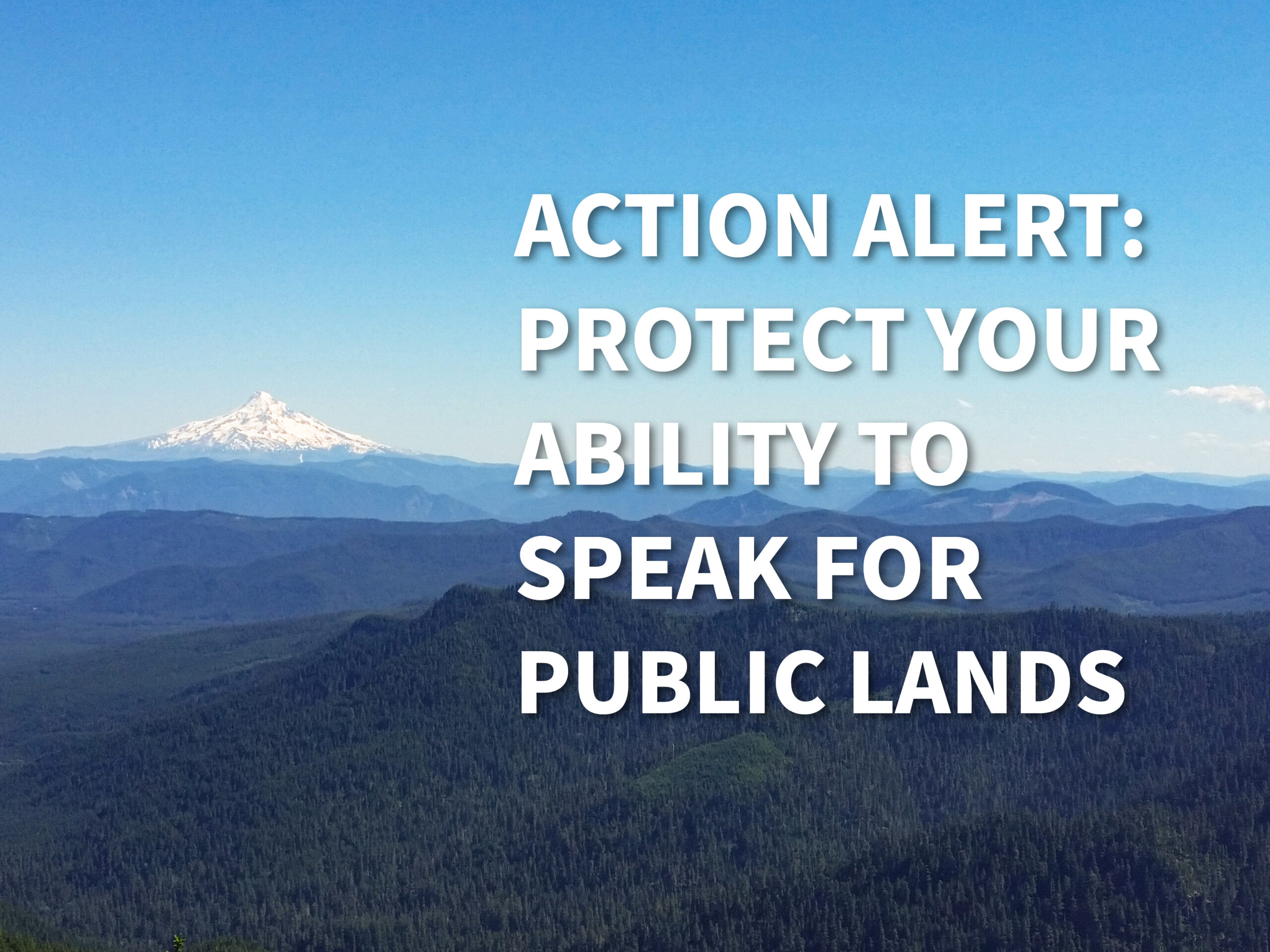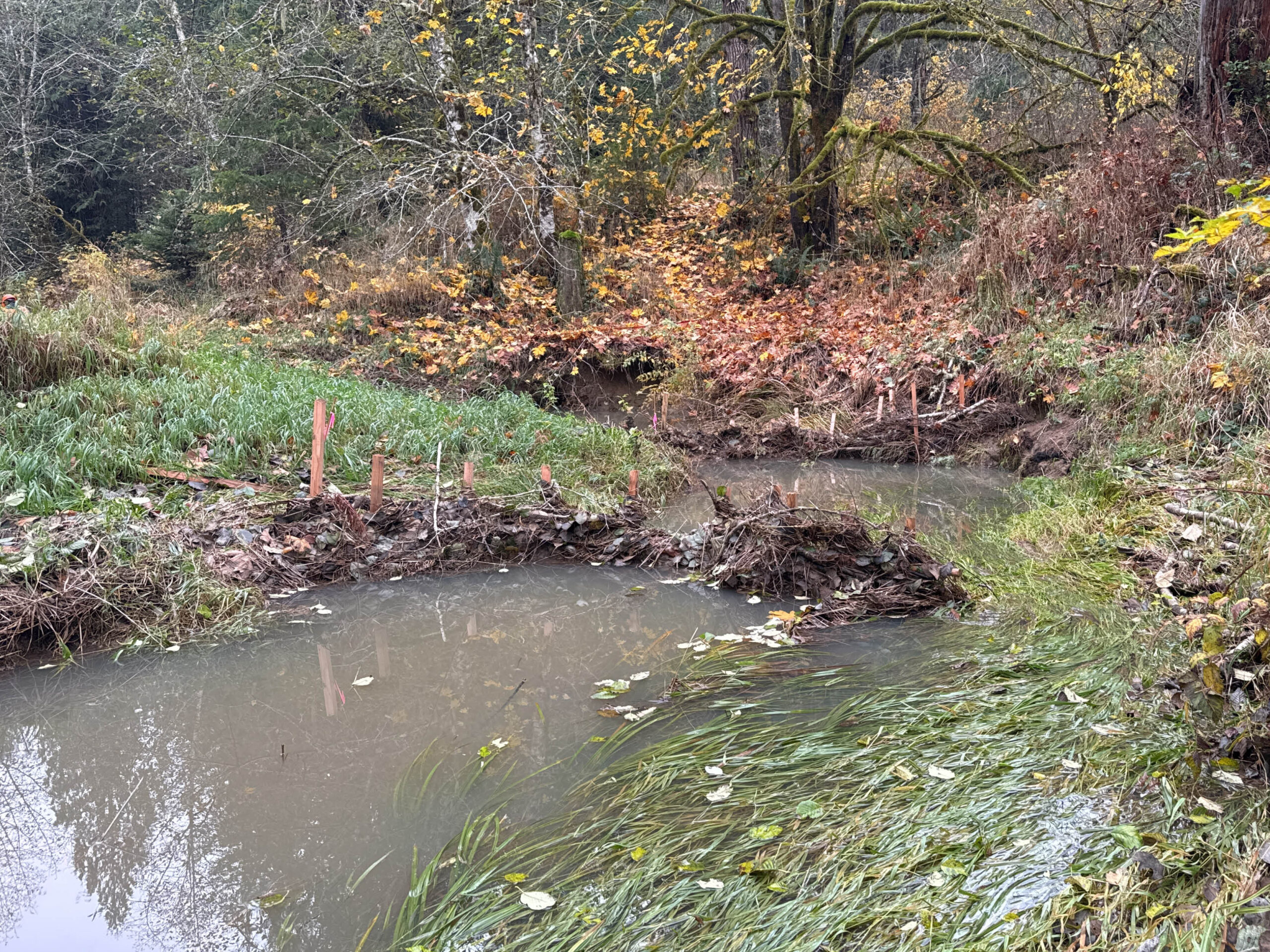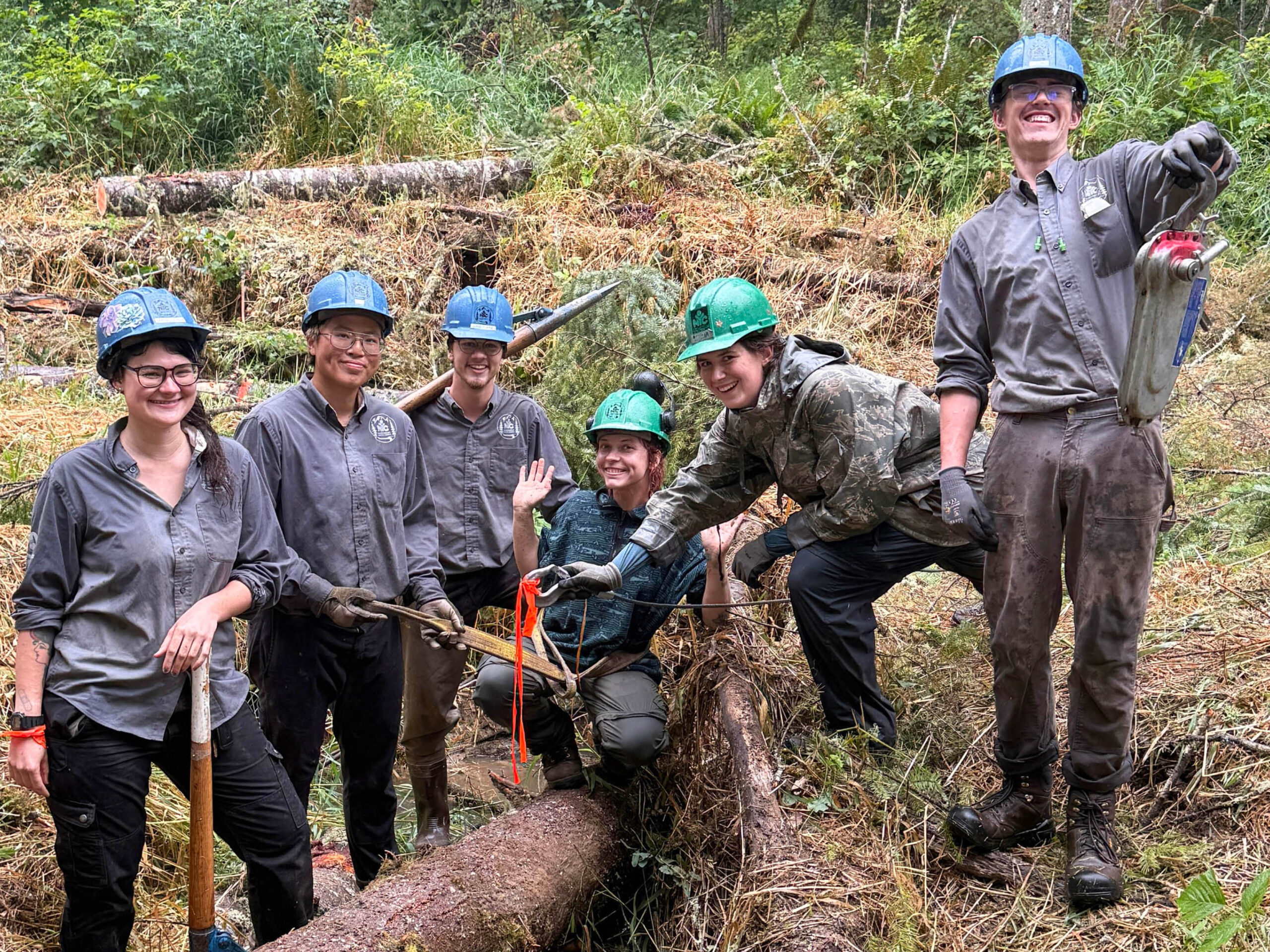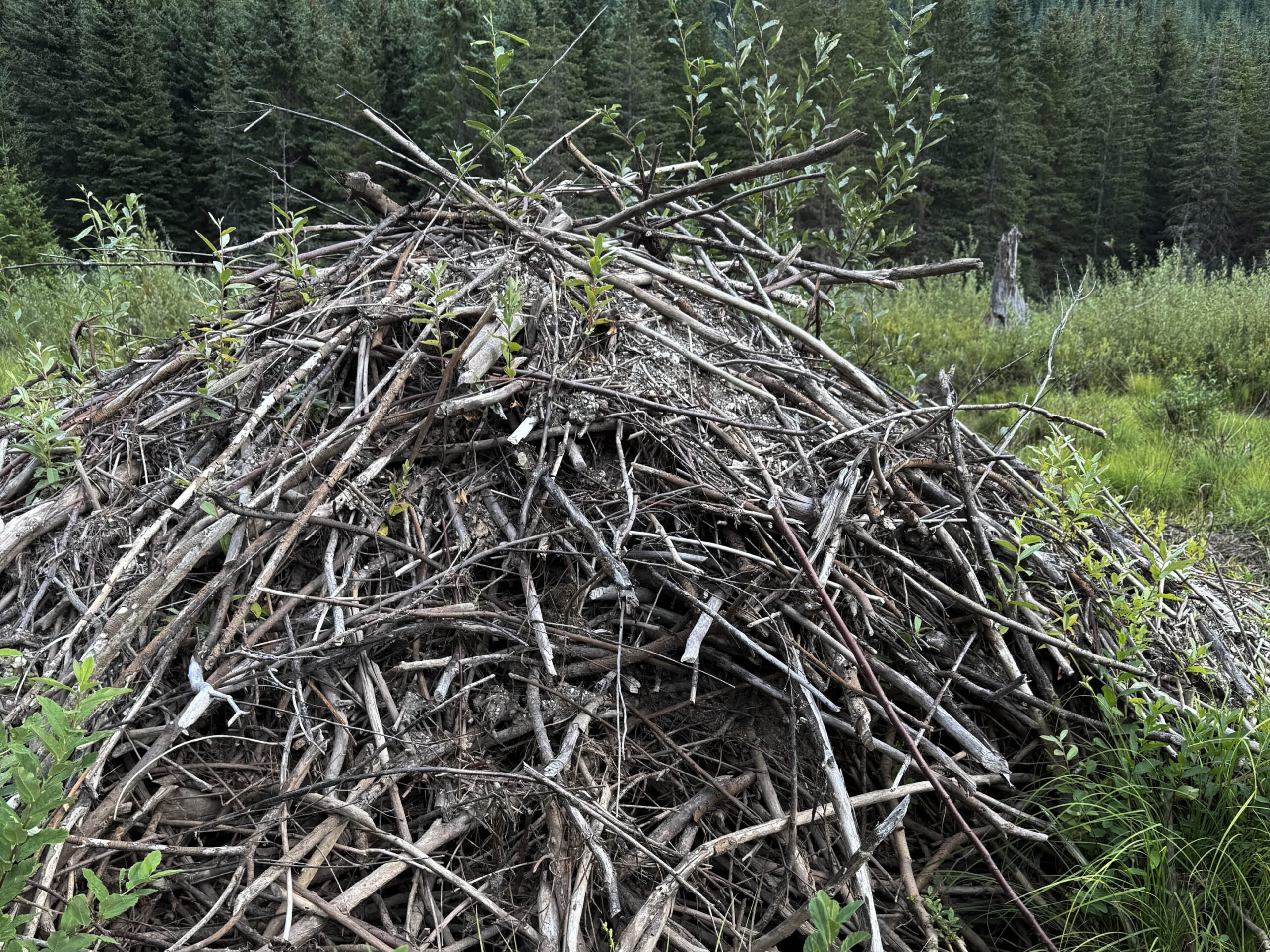The Fix Our Forest Act (FOFA), which was recently passed in the House and is currently under consideration in the Senate, threatens to seriously undermine environmental regulation and dramatically increase unsustainable logging practices in federally managed forests. Backers of the new bill claim it provides a path to protect forests and forest-adjacent communities, based on the incorrect assertion that indiscriminate logging will reduce wildfire risks to ecosystems and communities, and that existing environmental regulations and science-based forest management strategies are unreasonable obstacles to forest health. However, provisions in the bill represent the antithesis of effective science-based wildfire mitigation. The stark reality is that FOFA mandates false solutions that would harm, rather than help, communities, ecosystems, and biodiversity.

If passed, FOFA would codify elements of the Trump Administration’s actions that aim to increase domestic timber production by making it easier for large-scale logging projects to move forward without scientific review or community input, limit the ability of impacted communities and NGOs to hold federal agencies accountable, and weaken the effectiveness of important environmental laws like the National Environmental Policy Act (NEPA) and the Endangered Species Act (ESA).
Right now, conservationists and scientists are ringing the alarm bells: FOFA, in its present form, would cause profound and long-lasting harm and must be stopped or significantly changed.
Cascade Forest Conservancy, along with 77 other organizations, publicly voiced opposition to the Fix Our Forests Act. Our allies are working to defeat or amend FOFA in several ways, including suggesting critical edits to the current version to make it less egregious, developing an alternative bill, and helping senators understand the full implications and encouraging them to oppose. You can fight back too.
Your voice makes a difference. If you are a resident of Oregon or Washington, thank your Senators for opposing FOFA and the harm it would cause. Then, forward this action alert to friends or family in other states. Ask them to tell their senators to oppose FOFA.
We’ve prepared a summary describing some of the threats created by provisions in the current bill and outlined some of the negative impacts this legislation would cause.
Learn more about the threats created by this proposed legislation and how to voice your opposition below.
1. The Fix Our Forest Act fails to address wildfire risk and puts communities and ecosystems at risk
FOFA does not provide funding for proven strategies to protect communities and ecosystems from wildfire risks, like home hardening and science-based forest restoration. Instead, FOFA opens millions of acres of federal lands to logging, regardless of forest type, justified as a way to “reduce hazardous fuels.”
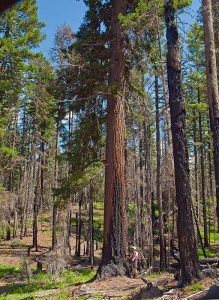
CFC and other experts in the conservation community are warning that the bill’s inexact and overly-broad definition of hazardous fuel management activities provides an easy way to justify unsound logging activities, including clear cutting in mature and old-growth forests, despite scientific evidence showing the presence of these ecosystems actually reduces wildfire risk. Provisions in the current version of the bill also pave the way for the construction of more logging roads, despite evidence that as the density of roads increases in an area, so does the amount of wildfires caused by humans.
Tell your Senators that you are opposed to indiscriminate logging in mature and old-growth forests and other false solutions to wildfire risk mitigation that do more harm than good. Ask them to support home-hardening and other forms of science-based wildfire mitigation that make forests resilient and communities safer.
2. The Fix Our Forests Act doubles down on a failed deregulatory approach to forest management
Provisions currently included in FOFA enable agencies to circumvent long-standing environmental laws and regulations. For example, the proposed legislation would exempt the Forest Service and Bureau of Land Management (BLM) from provisions in the Endangered Species Act requiring those agencies to formally examine and update their management practices when a new species is listed as endangered, new critical habitat is designated, or new information indicates that current land management practices may be a threat to endangered species.
Of particular concern are provisions that would triple the size of multiple Categorical Exclusions (CEs) to 7,500 or 10,000 acres (15.5 square miles) and mandate their use. CEs are supposed to afford agencies a greater degree of discretion by reducing certain environmental analysis and public comment requirements in specific circumstances for projects impacting a limited area with inconsequential or predictable effects.
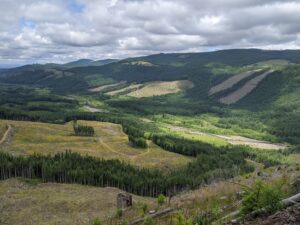
The Forest Service has testified that CEs of the size called for in FOFA could have substantial impacts—in other words, projects impacting 15.5 square miles of forests are not appropriate for CEs. We agree. Directing agencies to use (or rather, misuse) CEs to circumvent their obligations to provide the public with details about environmental impacts resulting from logging projects affecting large areas of forests poses a serious risk to critical habitats, ecosystems, and watersheds.
Tell your Senators to defend the Endangered Species Act and your right to understand and comment on the environmental impacts of projects on public land; and to oppose deregulatory efforts that create unnecessary and unacceptable risks to the long-term health and viability of forests, watersheds, and biodiversity on public lands.
3. The Fix Our Forest Act limits public input and makes it difficult to hold federal agencies accountable
Many of the most troubling elements of FOFA are provisions that limit science-based decision making and the ability of individuals and organizations, like Cascade Forest Conservancy, to hold agencies accountable.
One section of the bill would severely limit long standing judicial review standards for certain Forest Service and BLM actions, and dramatically shorten the time to seek judicial review to only 150 days after an agency publicizes a decision. These changes would undermine the integrity of the courts and the ability of the public to conduct meaningful oversight of agency actions.
Other elements of the bill, such as provisions exempting the designation or expansion of “fireshed management areas” from environmental analysis or public comments processes required by NEPA, could give land managers broad discretion to implement projects to “reduce fuels” with little public oversight. This, along with other provisions described above, would make it generally harder for the public, organizations like CFC, and Tribes, to track projects impacting important natural and cultural resources and harder to stop bad projects.
Tell your Senators that you are opposed to provisions of the Fix Our Forest Act that limit your ability to speak out against harmful land management projects, weaken judicial oversight of federal agencies, and negatively impact the public’s ability to hold agencies accountable.
Email your Senators directly by clicking on this link. Choose your state and then select the “Contact” button under each Senator. You will have to send separate messages to each individually.
Questions? Comments? Reach out to CFC’s Policy Manager, Ashley Short, by emailing Ashley@cascadeforest.org

